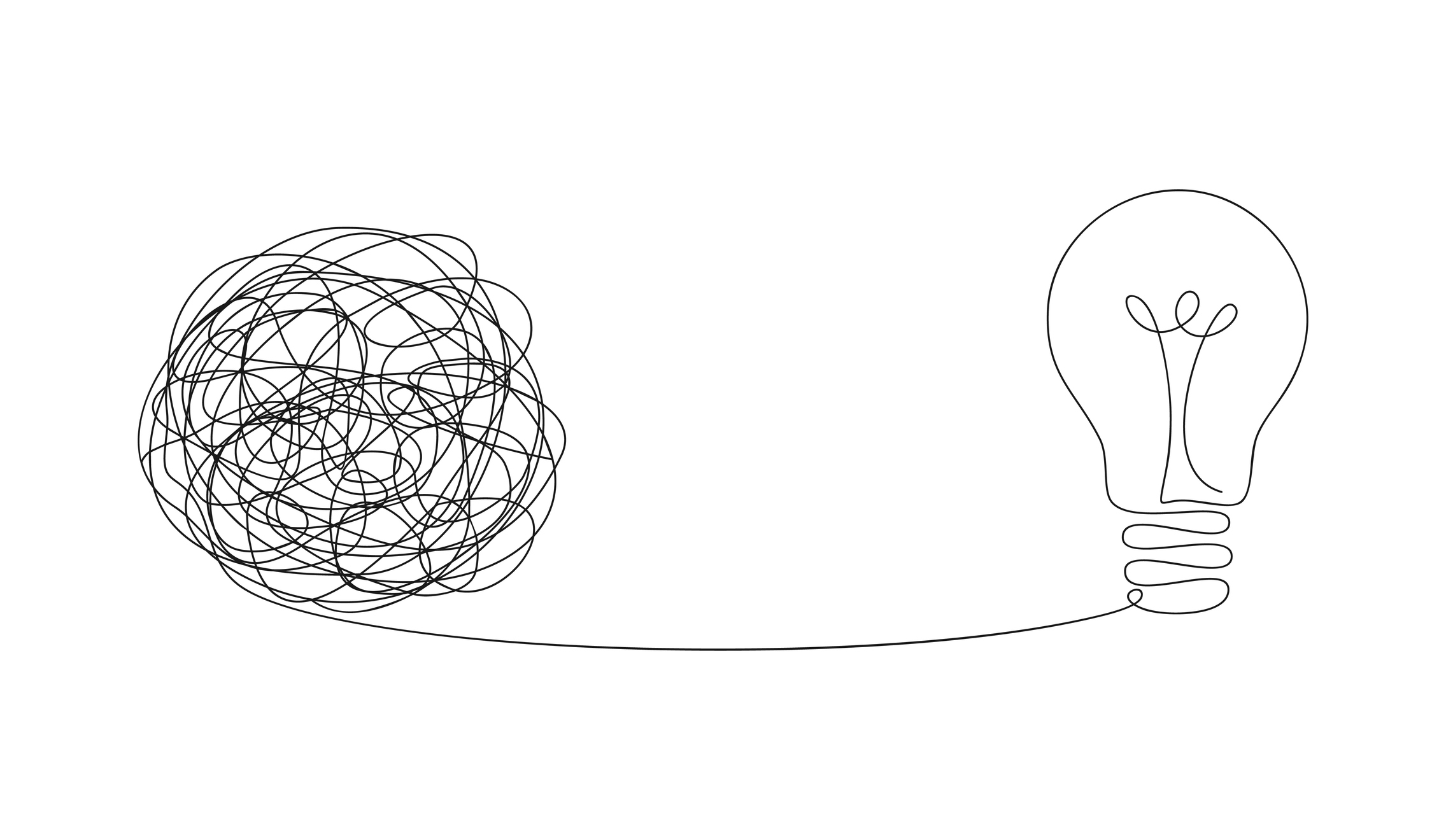My loved one doesn’t want to consult a professional!
By Dr. Sébastien Grenier, psychologist and researcher at the Centre de recherche de l’Institut universitaire de gériatrie de Montréal.
For a long time, healthcare professionals believed that psychotherapy doesn’t work with seniors because once they reach a certain age, their personalities ”freeze” and change is impossible. Today, we know this is false! In fact, recent studies have shown that psychotherapy is generally very effective in treating anxiety and depression in seniors and, in some cases, even more effective than sedatives or antidepressants.
Furthermore, unlike medication, psychotherapy has no unwanted side-effects such as hot flushes or dizziness, and is not addictive.

Types of psychotherapy
Cognitive behavioural therapy
Of all the forms of psychotherapy, cognitive behavioural therapy (CBT) is undoubtedly the most extensively studied in seniors with anxiety or depression. It has been shown effective in treating these conditions in not only healthy seniors, but also in those living with heart disease, chronic obstructive pulmonary disease (COPD), Parkinson’s and Alzheimer’s.
CBT is a short-term psychological intervention that typically involves about ten sessions. It teaches seniors practical strategies to manage anxiety and depression symptoms in the present moment. Many seniors appreciate this form of therapy for its concrete, solution-based approach and short duration.
Problem-solving therapy
Another form of therapy that has proven effective in relieving anxiety and depression in older adults is problem-solving therapy (PST). This therapy, also of short duration, helps seniors find concrete solutions to the problems that trigger and maintain their anxious or depressive feelings.
Relaxation therapy
Relaxation is another effective technique that seniors can use to reduce anxiety. There are passive techniques, such as sitting quietly and listening to birdsong, as well as active ones, such as progressively tensing and relaxing different muscle groups in the body. Both methods are beneficial, and individuals can choose the one that suits them best or even combine the two. Relaxation therapy can be practised in a psychologist’s office or independently at home using recordings available online or on CDs.

My loved one doesn’t want to consult a professional!
The biggest challenge for anyone accompanying an anxious or depressed senior is getting them to agree to seek psychological support. You can tell the senior that you’re worried about their well-being and suggest they go for a consultation. If they refuse, try to gently explore their reasons.
Often it’s a lack of knowledge about psychotherapy and misconceptions that are holding them back. This may be indicated in comments like:
- I’m too old for this!
- It won’t do any good!
- I don’t need to confide my problems to a stranger!
Remind your loved one that it’s never too late to seek help and that a first meeting with a psychologist is simply an opportunity to explore options, not a commitment. If, after doing all this, your loved one still refuses, you could suggest they talk to their doctor.
Finally, don’t get discouraged—your loved one may later change their mind and agree to go. You have planted a seed, and one day you may be surprised to receive a call from your loved one… from their psychologist’s office!
Video capsules
(Our videos are only in French)